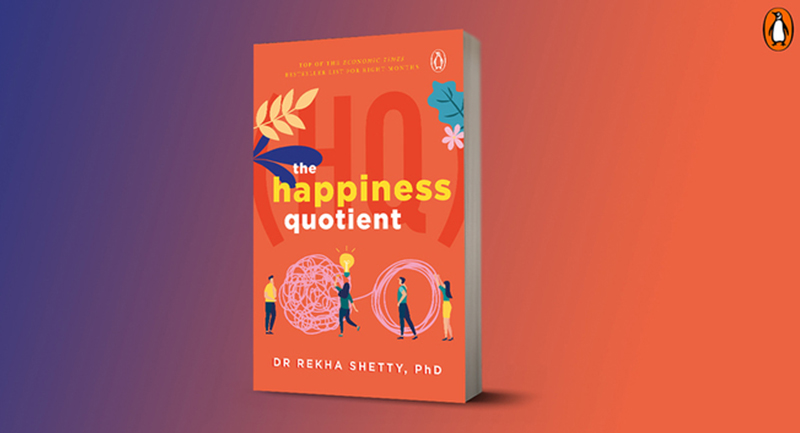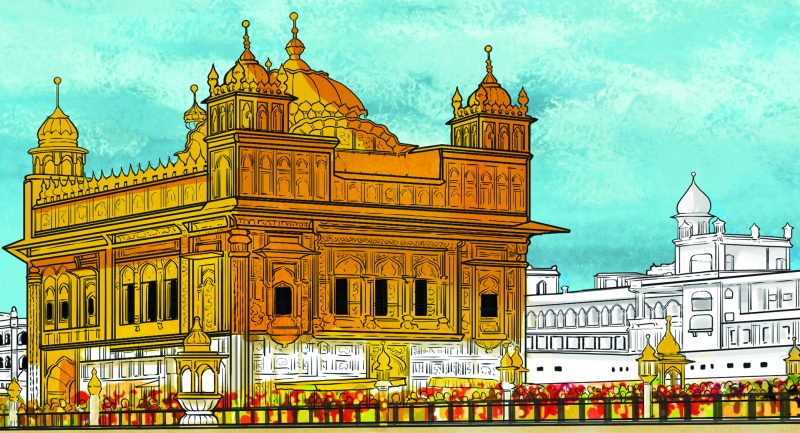
The relationship between Hindu and Islamic traditions has existed in the subcontinent since the Persians set foot in Asia. The relationship has seen a lot turns and turmoil ever since. In the light of recent political climate, the alliance has become more relevant.
Historian Raziuddin Aquil, in his book The Muslim Question: Understanding Islam and Indian History has given a poignant and detailed account of the evolution of Islam from its prime to its transformation in India due to colonialism.
Here are five instances which capture the legacy of Islam in India.
India’s integration of Islam also opened a transfer of fresh political ideas which had evolved over the centuries in Iran and Greece. In many ways, this was a re-emergence of political ideas in a new garb.

There was also an emergence of ‘syncretic’ traditions in different regions which did not conform to any particular religion.

Although the main undertaking of Sufi traditions was to restrict any deviations from the Muslim rule, their belief in unity within multiplicity contributed to religious synthesis and cultural amalgamation.

Jalal-ud-Din Muhammad Akbar due to his inclusive religious and administrative policies is regarded as one of the greatest rulers of India.

Under Akbar’s rule, man’s reason (aql), not tradition (naql), was acknowledged as the only basis of religion.

Read more about Islam’s journey in Raziuddin Aquil, in his book The Muslim Question: Understanding Islam and Indian History. Get your copy here.









